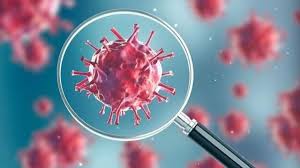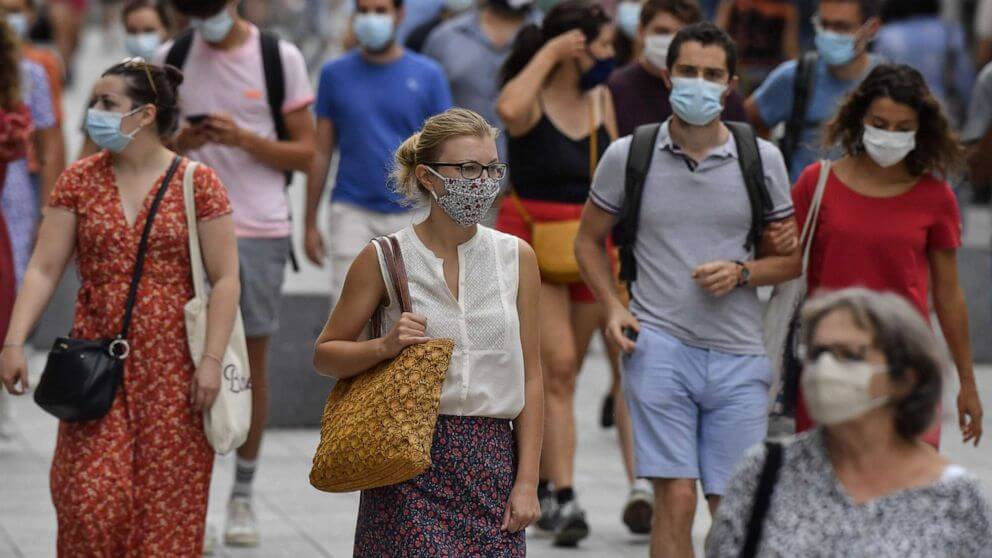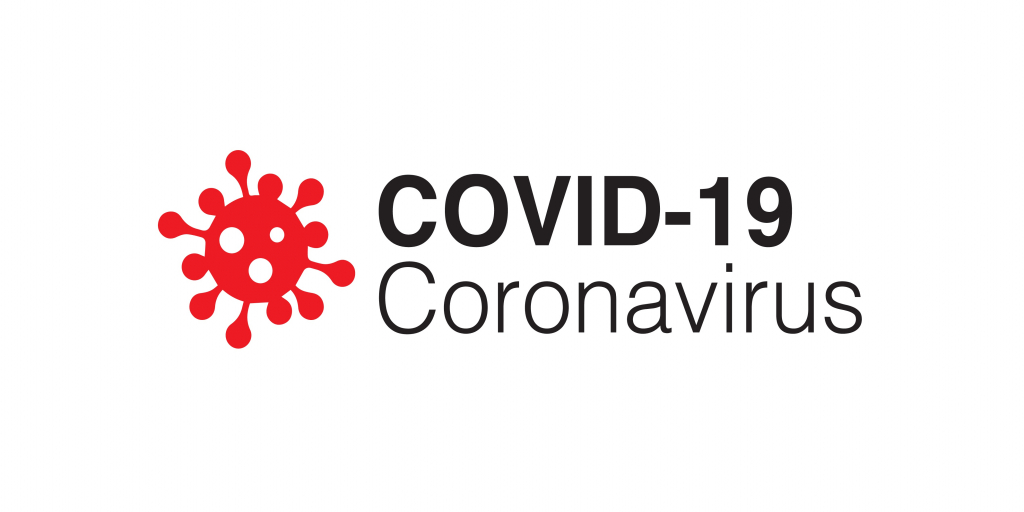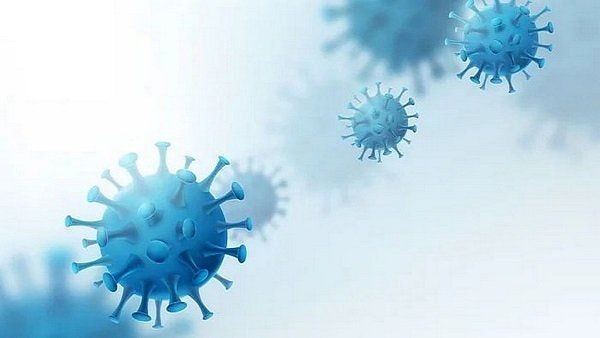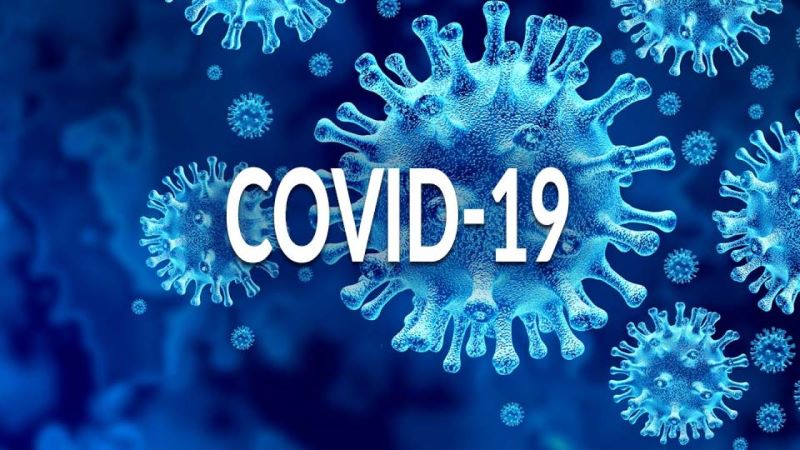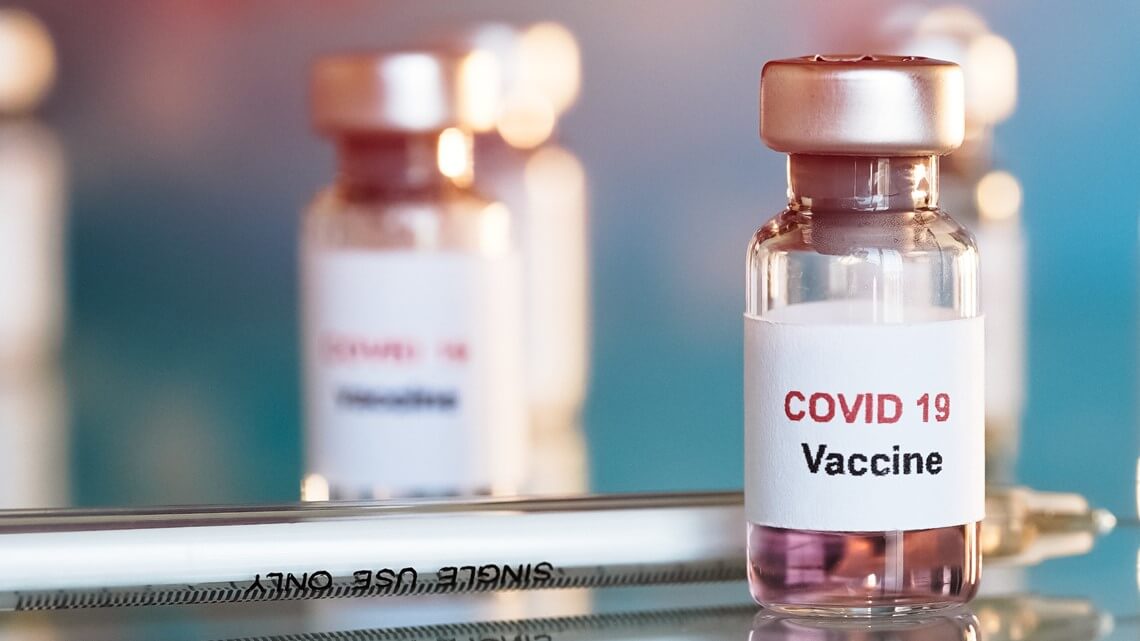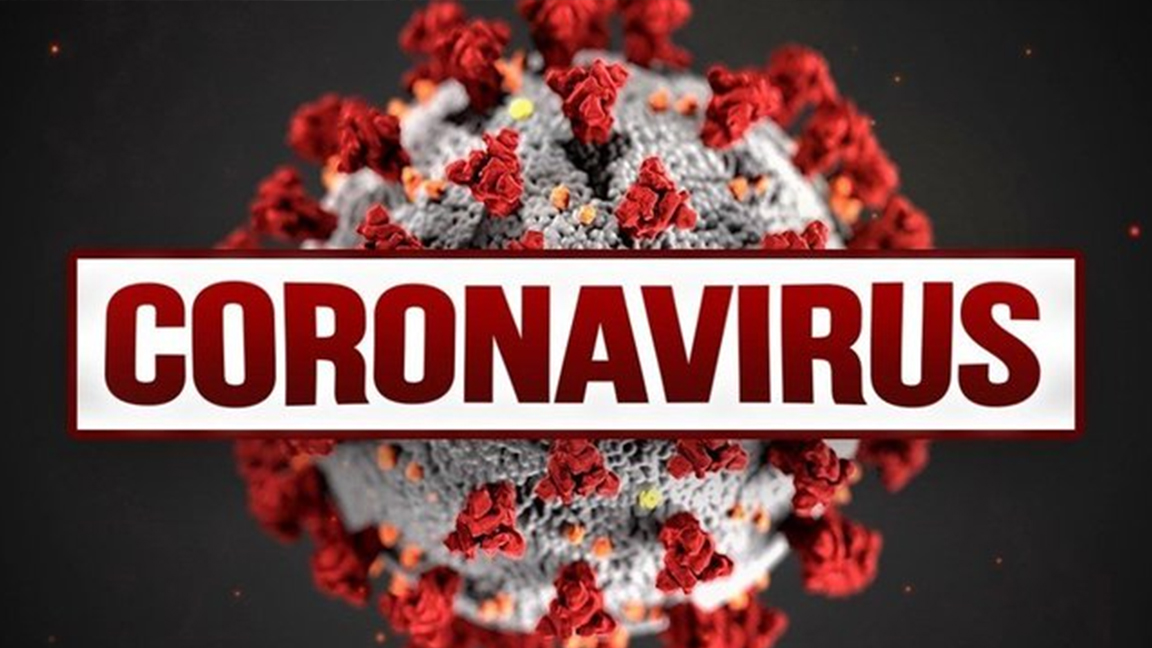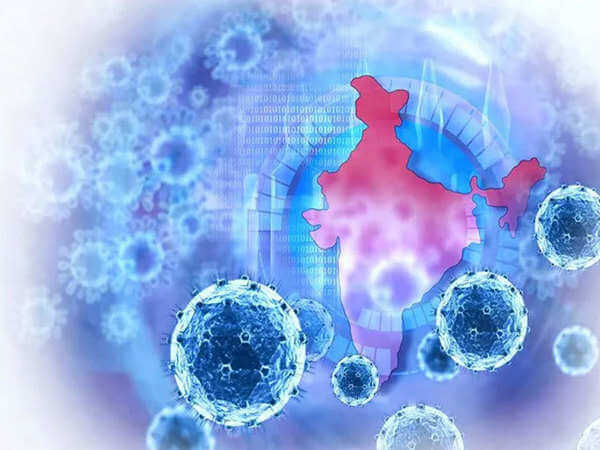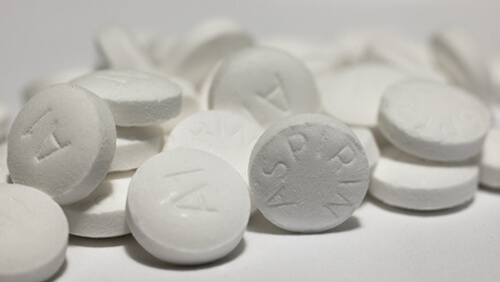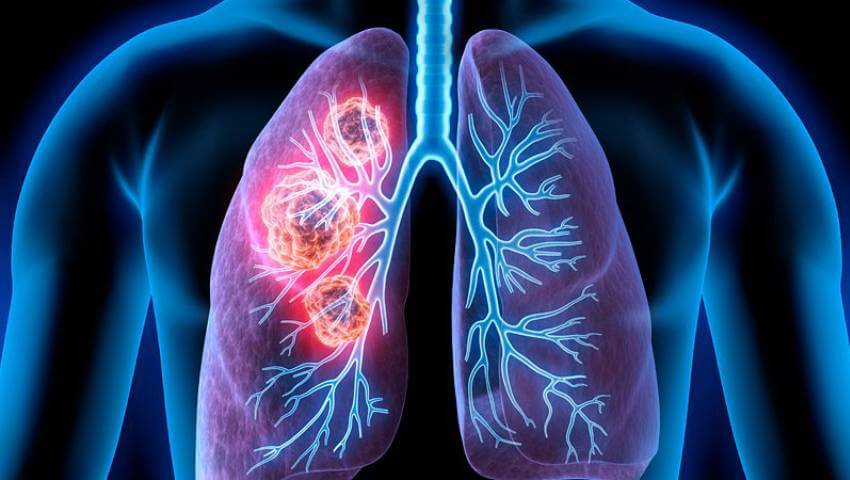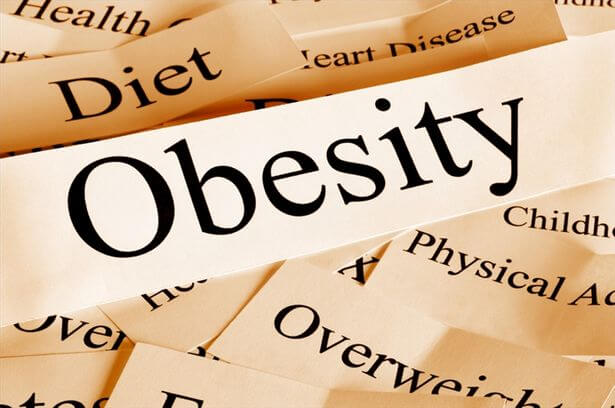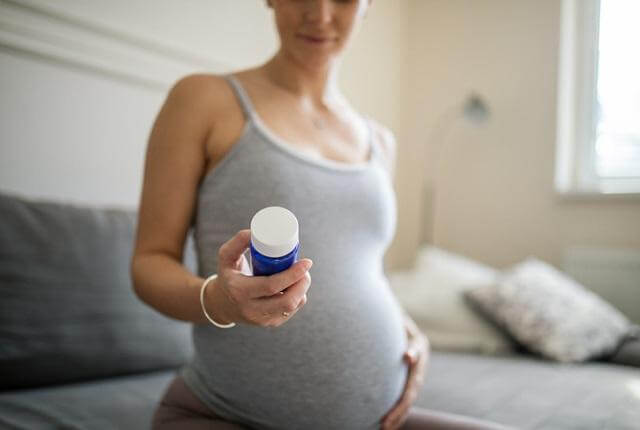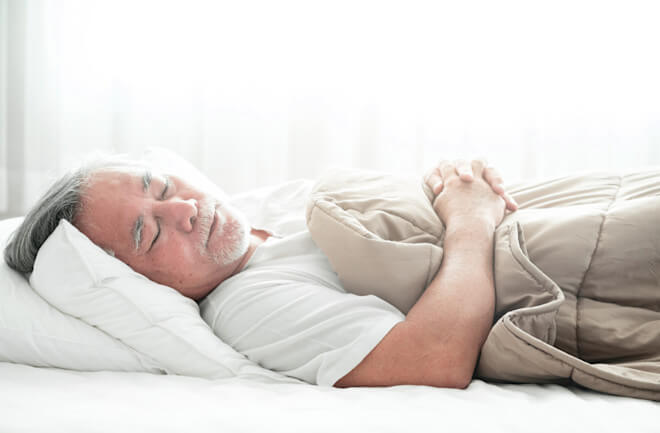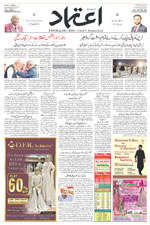Till Now Over 1,200 Doctors and Nurses Have Tested Positive for Coronavirus in Major Delhi Hospitals
Sat 20 Jun 2020, 17:50:21
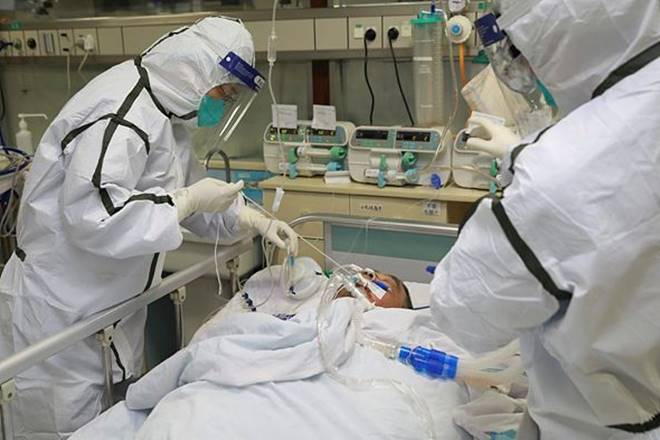
Who will take care of the caretakers? This question has continued to stare at major hospitals in the national capital as it sees a surge in Covid-19 cases. Nine major Covid-designated hospitals, both under the Centre and the state government, have seen 1,207 healthcare workers (nurses and doctors) test positive for the infection in Delhi since March.
This data was gathered following conversations with representatives of nurses unions in different hospitals and top authorities of six hospitals. This number includes data from private hospitals as well, based on information collated by the United Nurses Association, one of the largest unions of healthcare workers (HCWs) engaged in the private sector, and Sir Gangaram Hospital, whose authorities confirmed that 313 HCWs had tested positive at the institute.
The actual number of HCWs who have tested positive is likely to be much higher as there is no separate centralised data on them from either public or private hospitals and no data from smaller nursing homes and clinics either.
Despite several queries made during press briefings, the union health ministry has till date not revealed how many healthcare workers have tested positive across major cities or hotspots.
If other staffers, such as lab technicians, nursing orderlies and sanitation workers are taken into account from some of these hospitals, then this number balloons over 2,000, unions and hospital authorities said. Many nurses and doctors have recovered and even resumed duty but HCWs testing positive has forced hospitals to rationalise staff duties, leading to added hours in both Covid and non-Covid wards, and fatigue. The nurses assigned to Covid-ward duties also have to undergo mandatory quarantine and thus a rotational duty system has to be put in place.
On Friday, the health ministry issued a new advisory for HCWs and said, “For doctors, nursing officers and other health workers with high risk exposure, the quarantine period shall be initially for one week only.” Earlier, the quarantine period was of two weeks.
The data gathered by Media underscores the strain on hospitals as they cope with the pandemic. As on Friday night, Delhi had recorded 53,116 Covid-19 cases and 3,137 new cases were added since Thursday. Out of the total, 27,512 were active cases, 23,569 persons had recovered and 2,035 had died. Delhi is the third most affected state in the country in terms of cumulative cases and has reported the second highest number of mortalities after Maharashtra.
The 1,207 HCWs who have tested positive for Covid-19 belong to Delhi government-controlled institutes such as Lok Nayak Jai Prakash Narayan Hospital (LNJP), Deep Chand Bandhu Hospital, Satyawadi Raja Harish Chandra Hospital and Guru Teg Bahadur Hospital (GTB). No data was available from Rajiv Gandhi Super Speciality Hospital at the time of publishing this story.
Among centrally funded hospitals, HCWs who tested positive were from Ram Manohar Lohia Hospital, All India Institute of Medical Sciences (AIIMS), Safdarjung Hospital and Lady Hardinge Medical College. A hospital-wise break-up of Covid-positive HCWs in private hospitals could not be obtained from the United Nurses Association (UNA).
Here are the details on the number of healthcare workers who have tested positive in top hospitals of the Delhi government and central government. This also includes consolidated data of Covid-positive HCWs from private hospitals.
Long Hours, Dehydration and Fear of Infecting Family Members
For nurses and doctors on the front line, the pandemic has been relentless. It has led to anxiety and fear as the risk of exposure is double-edged, at the workplace as well as outside the hospital premises. The issue of sufficient supply of personal protective equipment (PPE) remains a sore point whereas long working hours wearing suffocating PPE and uneven duty rotation have led to growing frustration and fatigue. Just last week, the AIIMS nurses’ union ended its relay protest over issues of long duty hours and establishment of proper PPE donning and doffing area. Similarly, on Thursday, nurses in a few
private hospitals threatened to go on strike and some have already resigned on grounds of PPE shortage.
private hospitals threatened to go on strike and some have already resigned on grounds of PPE shortage.
"Our typical obligation is of six hours and in the event that you consider time taken to wear and take off PPE, it takes additional time. The obligation ought to be of four hours. Lack of hydration and weariness are a portion of the significant issues and it is prompting a drop in our effectiveness," said an individual from the AIIMS medical attendants' association on the state of obscurity.
In AIIMS, a sum of 645 staff individuals have tried positive. This incorporates 141 attendants and specialists and the rest are nursing orderlies, lab aides, lab experts, sanitation laborers, security gatekeepers, drivers and other non-clinical staff, said Dr DK Sharma, clinical director, AIIMS.
"It is hard to state where the medicinal services laborers have gotten the contamination. On some random day, the quantity of staff members who are in isolate or under treatment isn't more than 30, so we can make do with accessible assets hitherto. We have additionally furnished our staff with the choice of utilizing our medical clinic settlement, particularly for the individuals who are working late hours and for the individuals who may not need return to their families," said Dr Sharma.
The obligation hours are longer and increasingly boisterous at LNJP emergency clinic, which has been enduring an onslaught after recordings of carcasses lying in its passageways became visible. The Supreme Court took suo moto cognisance of the issue and, on Wednesday, pulled up the Delhi government for making a move against specialists who reported the poor conditions at the foundation.
"The wearing and doffing region is a high-chance territory for the attendants. We have prepared medical attendants to be extra-careful while experiencing this procedure, particularly during doffing, which means while removing the PPE. PPE ought to be taken off at the leave purpose of ICU or ward and the cover simply subsequent to leaving the patient consideration zone," said a senior nursing official at Safdarjung medical clinic who would not like to be named. The foundation's clinical administrator didn't react to questions sent to him.
At LNJP, nurses had to protest in April to get accommodation during their quarantine period, to protect their families from infection. The hospital had made arrangements for doctors at the hotel The Lalit whereas nurses were put up at the dental college in the hospital premises. After many protests, they were given accommodation in a Gujarat state guesthouse near Kashmere Gate and arrangements were also made in hotels in Karol Bagh and Daryaganj.
Similarly, the nursing staff at RML has been provided accommodation in hotels across Karol Bagh; some are even put up as far as Mahipalpur and Nawada. “The food provided in these hotels is just about average. It comes pre-packed. Sometimes we really crave for some fresh and piping hot home food but that is not available”, said a senior nurse from RML Hospital on the condition of anonymity.
‘Trying to Manage With Available Resources’
Hospital authorities said that HCWs testing positive is certainly posing a challenge to manage the resources at hand. The problem, authorities said, is compounded by the possibility of HCWs getting infected outside the hospital too, while commuting or around their homes. “They have been trained, re-trained on PPE, infection control and relevant protocols. We are providing accommodation to those who are working in red and orange zones,” said Dr NN Mathur, director, Lady Hardinge Medical College & Smt Sucheta Kriplani and Kalawati Saran Children's Hospital.
Dr Suresh Kumar, medical director of LNJP Hospital, said, “We have made a separate ward in our hospital for our staff who have tested positive. In the ICUs there is risk of exposure to aerosols and secretions and staffers working there are in danger. One of our doctors is in the ICU on ventilator support. There is also risk of exposure in medical wards where patients of multi-organ failure are admitted. Besides, sanitary workers are also at high risk.”
No Comments For This Post, Be first to write a Comment.
Most viewed from Coronavirus Updates
Most viewed from Health
AIMIM News
Delhi Assembly polls: Owaisi leads Padyatra in Okhla
Feb 01, 2025
We reject this Waqf Amendment Bill: Asaduddin Owaisi
Jan 30, 2025
Latest Urdu News
Most Viewed
May 26, 2020
Do you think Canada-India relations will improve under New PM Mark Carney?
Latest Videos View All
Like Us
Home
About Us
Advertise With Us
All Polls
Epaper Archives
Privacy Policy
Contact Us
Download Etemaad App
© 2025 Etemaad Daily News, All Rights Reserved.

